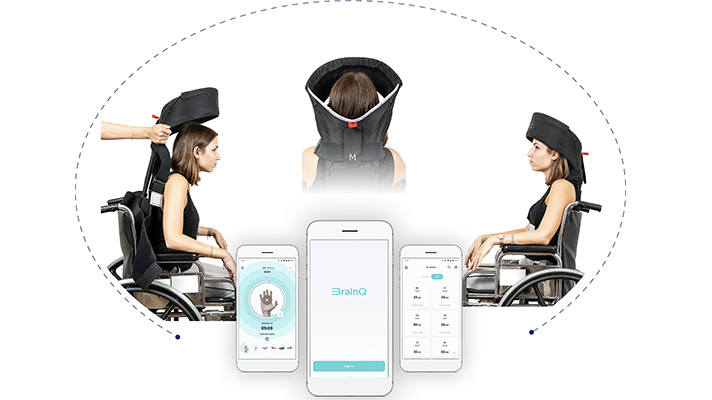
SPAC rumors pan out. Just a few weeks after rumors spread of Sharecare's upcoming merger with a special purpose acquisition company (SPAC), the patient-engagement and benefits-navigation platform made it official with an announcement on Friday.
Sharecare will be merging with Falcon Capital Acquisition and listing on NASDAQ. The deal is set to be funded through $345 million in cash in trust from Falcon and supported by a $425 million private investment in public equity and a direct investment from Anthem, which will be partnering with the combined entity.
This deal will leave the company with about $400 million in growth capital, according to the announcement, and a total enterprise value of $3.9 billion.
"We started Sharecare to leverage innovations in consumer technology – specifically the smartphone – to create a frictionless experience that engages people across the dynamic continuum of their healthcare needs," Jeff Arnold, who will continue his role as founder, chairman and CEO of Sharecare, said in a statement. "By integrating fragmented point solutions and bringing together stakeholders across the healthcare ecosystem into one connected virtual care platform, we believe that Sharecare is uniquely positioned to transform the way people access, providers deliver, and employers and health plans administer high quality, cost efficient healthcare."
Breakthrough Designation for stroke recovery treatment device. BrainQ, an Israeli company that uses AI to deliver electromagnetic field therapy to stroke patients through a wearable device, announced last week that its system has received Breakthrough Device Designation from the FDA. The agency's decision was based on a recent randomized controlled trial conducted among ischemic stroke patients, which the company said will be presented publicly next month at the American Heart Association's annual International Stroke Conference.
"Stroke is a debilitating condition with limited recovery options, creating a huge unmet need in the US," Yotam Drechsler, CEO and cofounder of BrainQ, said in a statement. "COVID-19 has only made things worse by limiting patients' access to treatment facilities. FDA Breakthrough Designation is an important milestone in our mission to reduce disability for these patients and treat them in the comfort of their homes."
App will help study COVID-19 vaccinations in Germany. docdok.health, a Swiss-Israeli startup offering a healthcare communications platform connecting professions and patients, announced yesterday a partnership with German specialist umbrella organization the National Association of Specialists in Germany (SpiFa) and its German Institute for Specialist Health Services Research (DIFA) on an app-based project to document the safety and effectiveness of COVID-19 vaccination.
The partners will distribute a docdok-built study app to the organization's 160,000 healthcare provider members as they receive their COVID-19 vaccination. The app will request relevant information regarding side effects and other areas of interest over 12 months, data that will then be transferred to DIFA for study.
“With the expected results, we can hopefully dispel existing reservations amongst the population and achieve wider acceptance of the vaccination," Dr. Yves Nordmann, cofounder and chief medical officer of docdok.health, said in a statement. "After launching similar projects in other countries, we are hopeful that by launching DIFA1 app together with our partners SpiFa and DIFA, we will make a valuable contribution to the fight against the coronavirus.”
Watson, what are my health benefits? IBM Watson Health and Humana have teamed up to use the former's conversational AI technology as a virtual assistant to help the payer's Employer Group members better understand their benefits. Announced last week, the arrangement will see the cloud-based IBM Watson Assistant for Health Benefits deployed to 1.3 million medical and 1.8 million dental members off the bat. As a result, the virtual assistant will be able to directly answer members' questions while helping free up Humana's employees and call center personnel.
"Navigating our health coverage without the right support can potentially serve as a barrier to care," Paul Roma, general manager at IBM Watson Health, said in a statement. "An AI-enabled conversational agent that is trained to understand health plan benefits logic can play a role in helping to simplify complex or possibly confusing plan information."













